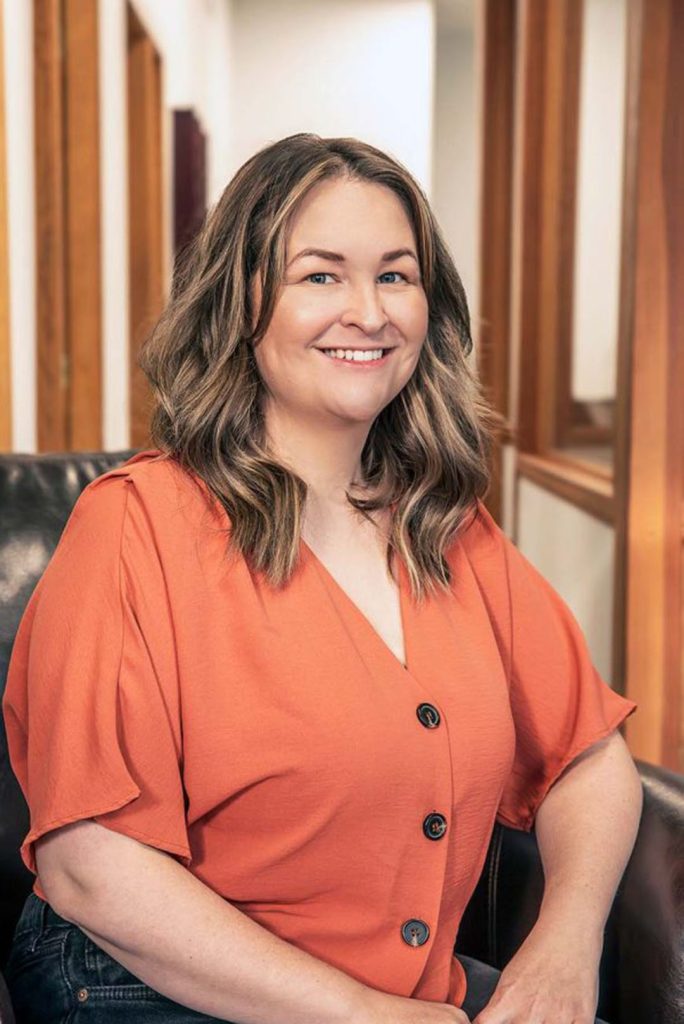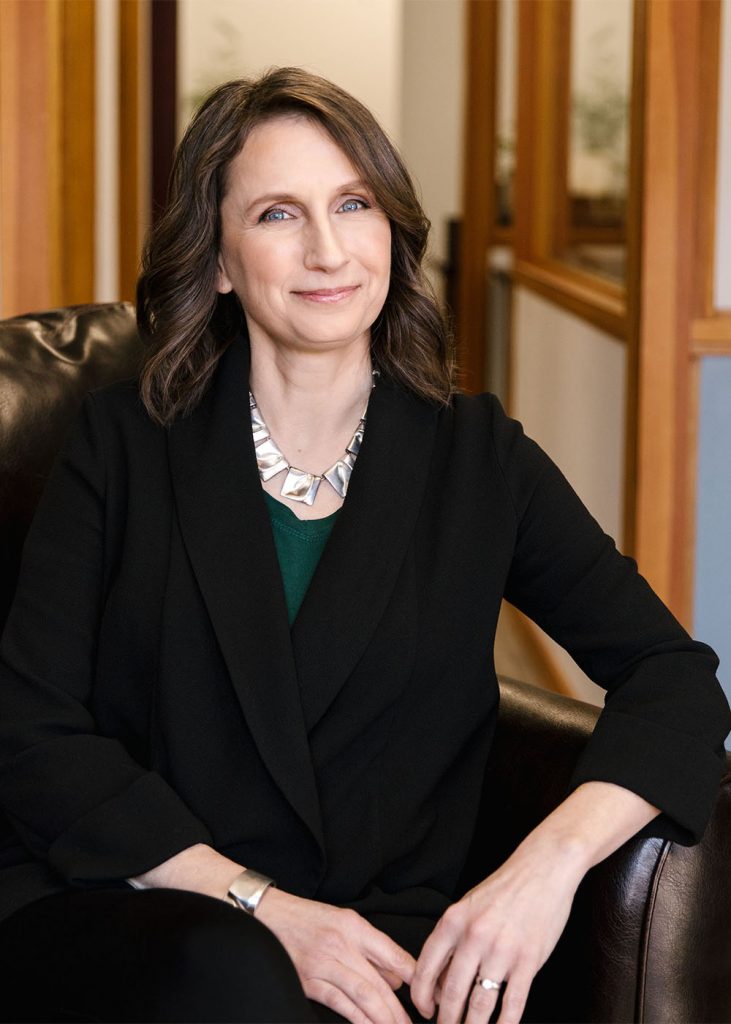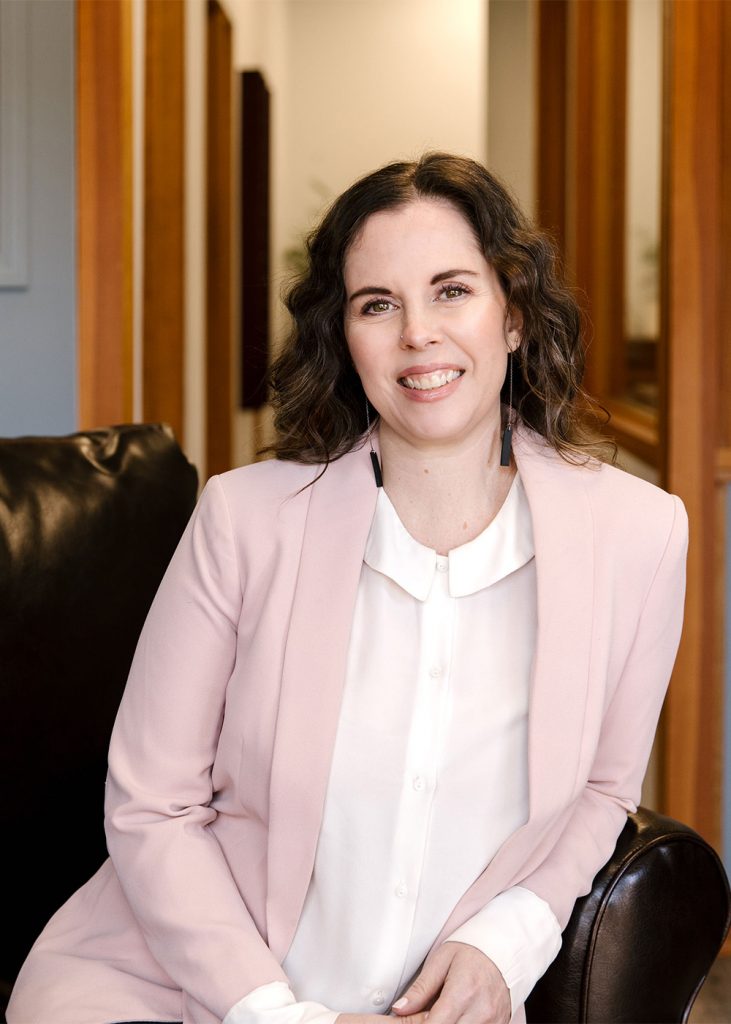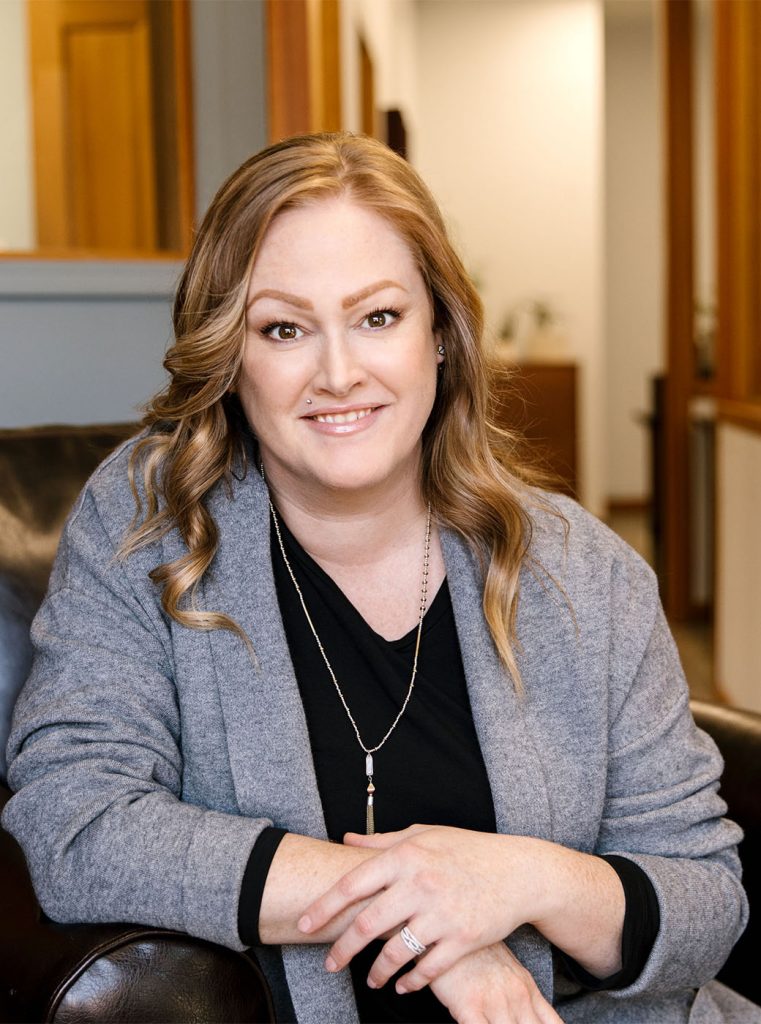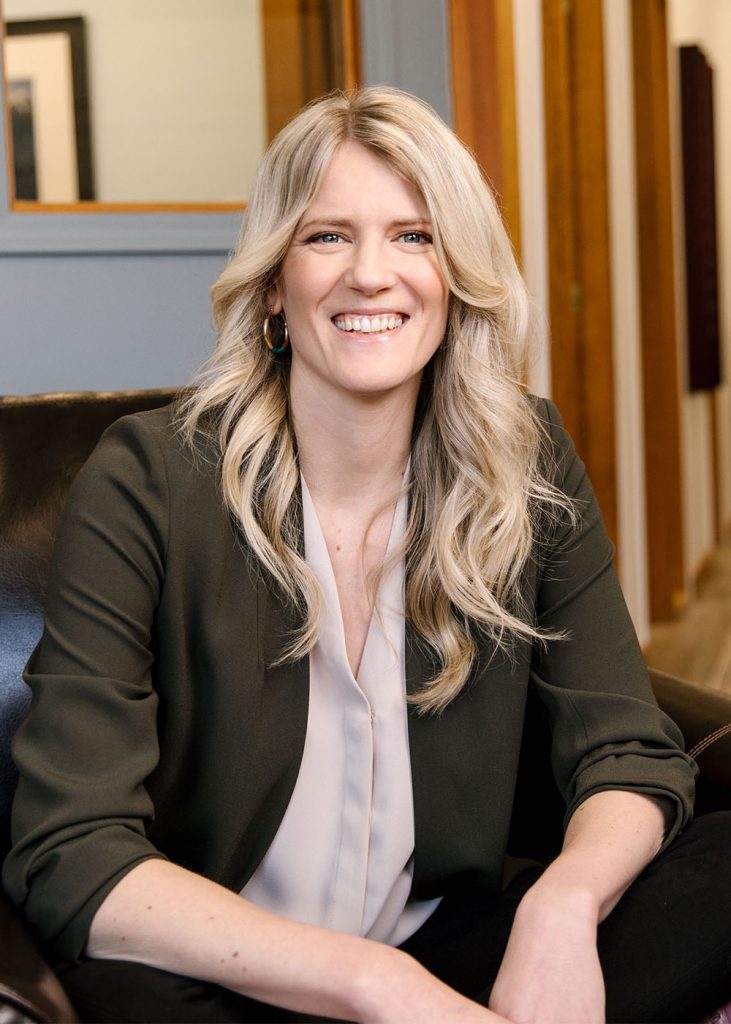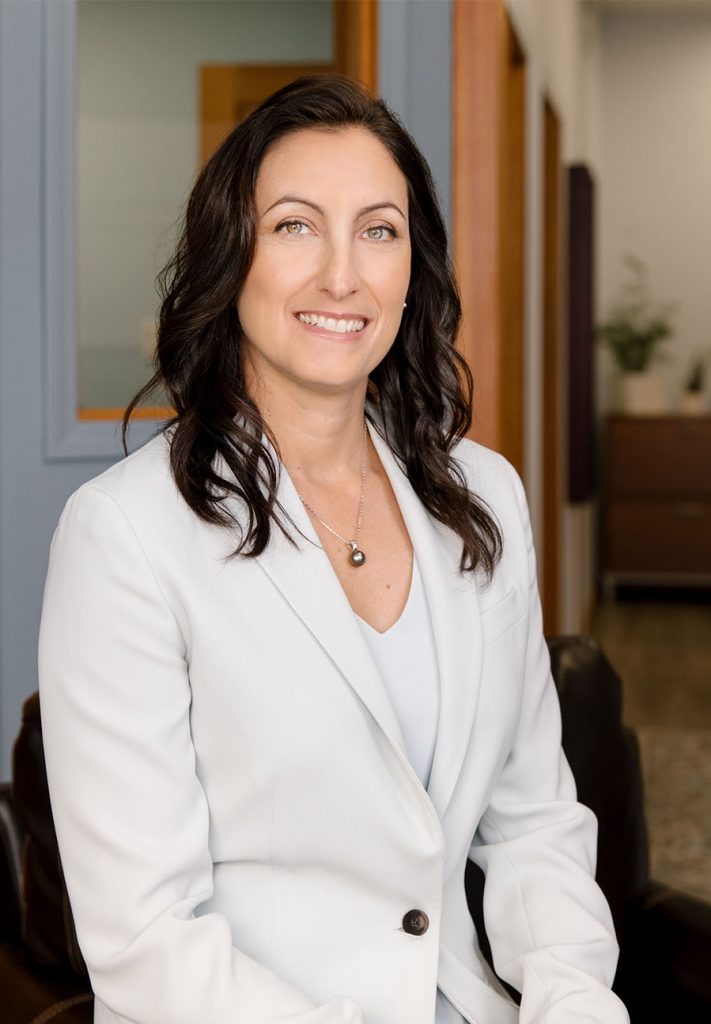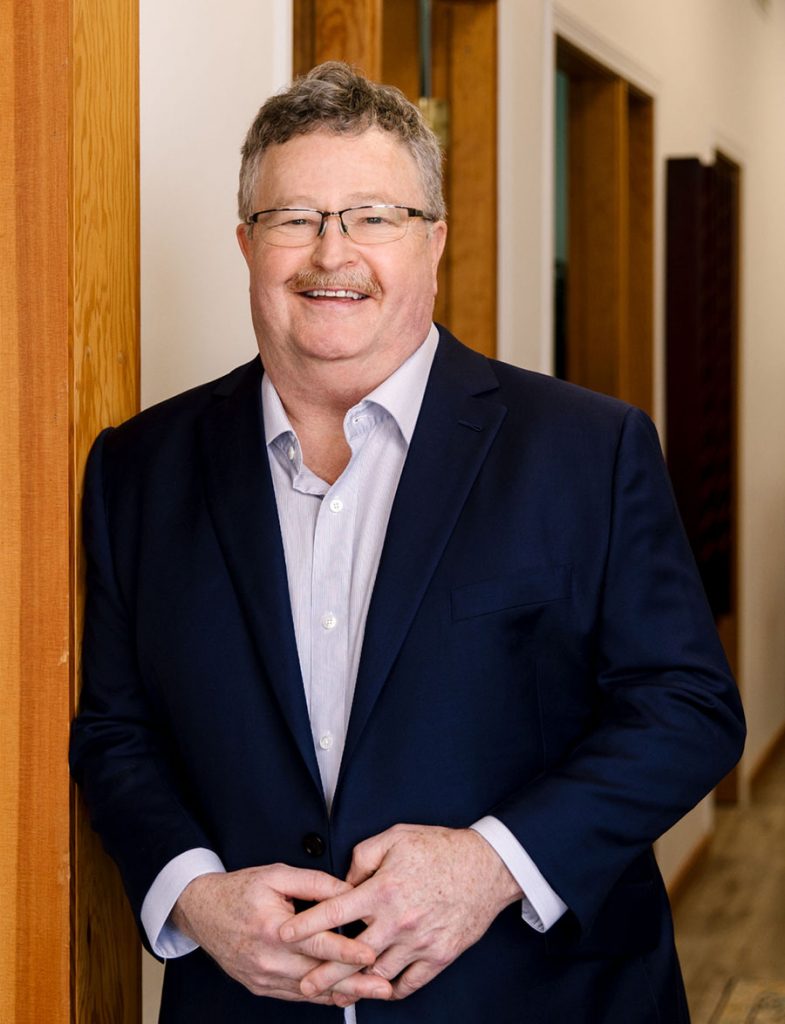1. Your own bank account with three months’ emergency fund in it.
We encourage our couple clients to share finances if they want to. In a healthy cohabitating relationship, working together will help you achieve your financial goals faster than doing so separately.
However, Canadian police reports suggest that women are 3.5x more likely to be victims of intimate partner violence than men. So, if they can, women should keep an amount equivalent to a three-month emergency fund at least in their own bank account. The rest of the family’s emergency funds can be kept in a joint account, or in the partner’s own individual bank account.
2. Enough insurance
One study found that women diagnosed with cancer or multiple sclerosis are 6x more likely to end up separated or divorced than if their male partners were diagnosed with the same illness.
Disability insurance is important for everyone, but that means it’s even more important for women – and you need to make sure it’s enough insurance that you can afford everything on your own.
Critical illness insurance could also be essential for many women. If diagnosed with a critical illness, this lump-sum, tax-free infusion of cash could pay for care workers, or contractors to renovate your property to make it more accessible.
Life insurance can also ensure that your kids or parents are adequately provided for.
3. A financial planner
Women are super smart – we all know that.
We also know that money behaviours and beliefs begin at a very young age. These are modeled for us by our parents, and as women, we look to our mothers and grandmothers to teach us. Did you know that it wasn’t until 1964 that a woman could get a bank account in Canada without her husband’s permission?
We are the sum of all the generations before us. If it’s only been two generations that a woman could even get a bank account without permission, you can imagine how much personal finance instruction was missing from your education.
Because of that missing knowledge, women should hire a financial planner to help them reach their financial goals.
4. A financial plan
A financial plan encompasses #1 and #2 and is made with the help of #3.
Read more about financial plans here.
Women-specific issues addressed in a financial plan could be:
- Caregiver provisions in CPP entitlement
- Splitting of CPP credits when divorcing
- Risk exposure of inheritance to equalization upon divorce
- Equitable vs. equal division of household expenses
5. A budget or cash flow plan with dedicated funds for beauty, clothes & self-care
Some women spend money on things that improve their appearance. Unfortunately, they’re also often shamed for spending on those things. Not only can spending in this category be a form of self-care, but there can also be real financial impacts not considered by those who may shame women for this spending.
In this article, respondents said that women’s career success (and therefore income potential) highly depends on how they look. Therefore, if you’re a woman who likes spending money on these things, or have been told it’s “Frivolous,” keep this source in your back pocket.
If you like to spend money on these things, make a budget that allows for spending in this category, if it’s a reasonable figure that still allows you to reach your financial goals.



